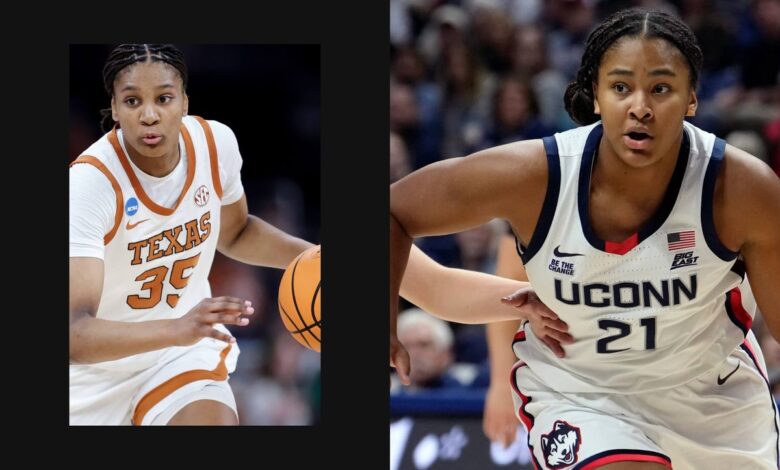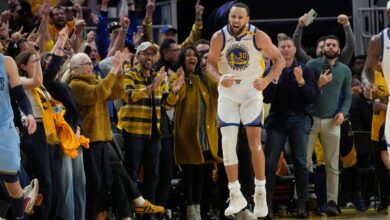Would Paige Bueckers still be No. 1 if all college players were WNBA Draft-eligible?

As Sarah Strong showcased her dominance in the South Carolina frontcourt during UConn’s national championship win, excelling in rebounding, rim protection, and scoring from all areas of the court, it was evident that she had the potential to excel at the professional level as well. With her performance, WNBA executives were likely envisioning her as the next standout player to be drafted from the ranks of the Huskies.
However, the current collective bargaining agreement stipulates that American-born players must complete four years of college before becoming eligible for the WNBA draft. There is only one exception to this rule – players can declare for the draft after their junior season if they turn 22 during the calendar year of the draft. Unfortunately for Strong, with a February birthday, this option is not available to her.
In the evolving landscape of women’s basketball, players now have more opportunities to shape their careers, whether through the college transfer portal or by exploring professional options in new leagues. Despite these choices, the decision to declare for the WNBA draft early remains out of their control.
Some players, like USC standout JuJu Watkins, believe that athletes should have the option to declare early for the draft. Watkins expressed her views on the “Good Game with Sarah Spain” podcast, acknowledging the growth of college basketball and the potential benefits of building one’s brand in the collegiate setting. While she sees the value in college preparation for the pros, Watkins advocates for giving players the choice to pursue their professional aspirations sooner.
The prospect of allowing early declarations for the draft may be enticing, especially with talented underclassmen like Strong, Watkins, Madison Booker, Ashlyn Watkins, and Talaysia Cooper making waves in the college basketball scene. These players possess the skills and readiness to make an impact at the professional level, garnering attention as potential lottery picks and future WNBA stars.
The age limit rule has historically served the interests of various stakeholders, despite limiting individual player agency. The WNBA is known for its competitiveness and limited roster spots, making it challenging for players to secure contracts and sustain their careers. While college basketball has traditionally offered a better experience than the WNBA, recent improvements in league accommodations, salaries, and exposure have made the professional route more appealing to athletes.
Foreign-born players do not face the same age-related restrictions as American players when it comes to entering the WNBA draft. Foreign athletes can declare for the draft at the age of 20, provided they have not participated in the NCAA system. This discrepancy incentivizes international talent to join the WNBA, while American players must adhere to the current regulations.
Despite ongoing negotiations for a new collective bargaining agreement, the age limit for WNBA draft eligibility is unlikely to change. The NCAA serves as a valuable marketing platform for the league, offering players national exposure and name recognition before they enter the professional ranks. While some players may be ready for the WNBA earlier in their careers, the league benefits from maintaining its exclusivity and prioritizing the development of existing talent.
In conclusion, while the discussion of early draft declarations remains a topic of interest, the current structure of women’s basketball allows for a seamless transition from college to the professional level. Players like Paige Bueckers and Sarah Strong continue to captivate audiences with their talent and potential, setting the stage for a bright future in both collegiate and professional basketball.





